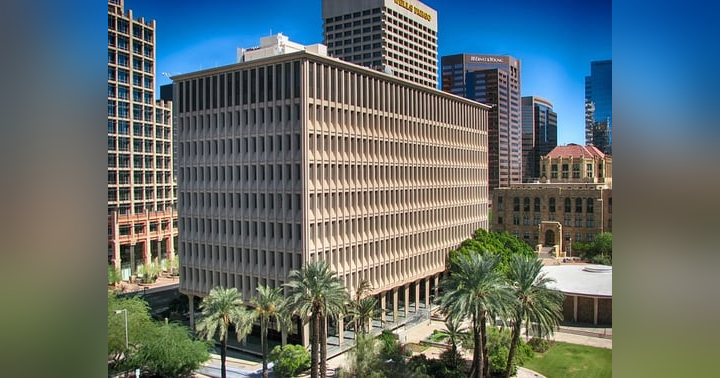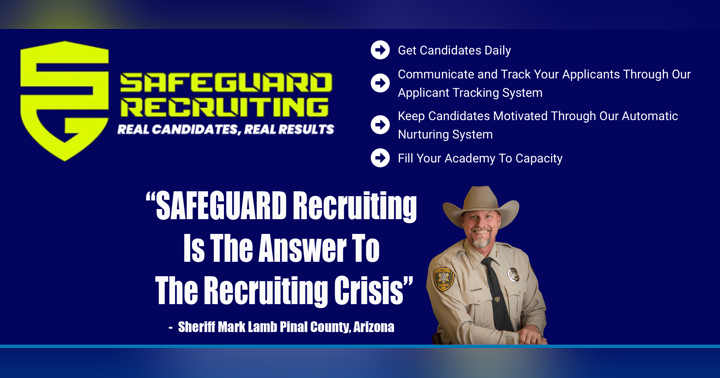Use of Force Leadership

The responsibilities that come with police leadership are immense, especially when it comes to the use of force. It's a subject steeped in complexity, requiring not just an understanding of law and policy but also of human psychology and the dynamics of high-pressure decision-making. In a recent episode of "Courageous Leadership with Travis Yates," retired police officer Danny King sheds light on this intricate world, drawing from his rich background in both the military and law enforcement in Las Vegas.
LISTEN TO THE PODCAST
King's insights into the evolution of force analysis highlight the significant role leadership plays in shaping the outcomes of critical incidents. Leadership doesn't just influence the immediate aftermath of such incidents but has a ripple effect that can either build or erode trust within the community and the police force. King emphasizes the need for leaders who support their officers and make informed decisions, as well as the negative impact of leadership that lacks experience or operates under political motivations.
The podcast episode delves into the formation and disbandment of specialized use of force units, revealing how these changes directly affect officer morale. King describes how these units, when supported and run effectively, foster trust and fairness, ensuring officers are treated justly and communities feel heard. However, when such units are dismantled or mismanaged, the resulting mistrust can lead to a decline in officer morale and a fracture in community relations.
Furthermore, King touches on the current challenges facing law enforcement, including recent policing reforms and their real-world implications. The conversation navigates through the delicate subject of duty to intervene laws, the pressures of modern policing, and the crucial concept of state-dependent learning and recall, which can have profound implications for officers in high-pressure scenarios.
One of the more profound discussions centers on the importance of education, both within the police force and the public. King recounts his experience teaching a citizen's academy, where demystifying the legal and human aspects of policing transformed community perceptions. He underlines the transformative power of simulation training and the impact of stress on decision-making, reinforcing the necessity for police officers to be well-prepared for high-stakes situations.
In essence, the episode doesn't shy away from scrutinizing recent policing reforms and emphasizes the need for leaders who prioritize the safety and well-being of communities over concerns about public perception. The insights shared by Danny King provide a glimpse into the demanding world of policing, underscoring the need for leaders who are knowledgeable, supportive, and courageous.
The dialogue between Yates and King serves as a testament to the complexities and demands placed on law enforcement leadership. It is a discussion that enlightens and provokes thought on the realities of policing, the weight of leadership, and the pursuit of fairness and understanding in times of crisis. As the conversation concludes, the takeaway is clear: informed and courageous leadership is paramount in navigating the high stakes of police decision-making and in fostering a culture of trust and effectiveness within law enforcement agencies and the communities they serve.






